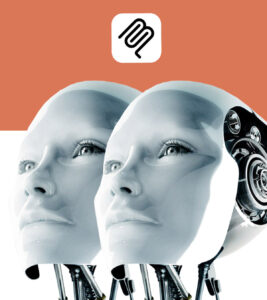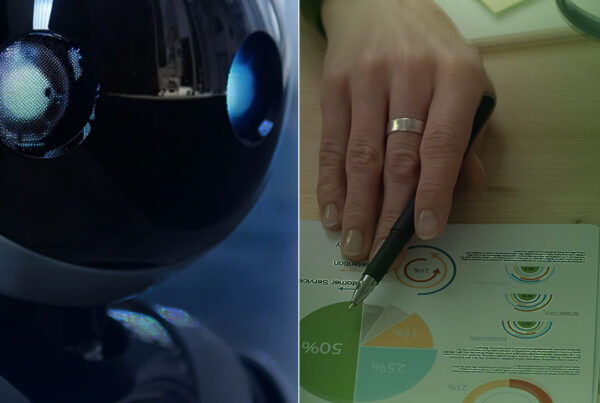
In my last post, I spoke about Manus, an Agentic AI system that reportedly uses 29 tools, and how it completely blew out my drag-and-drop agent builder that operates using a defined workflow. Think of a tool as a way for an LLM to do something outside of the LLM and not just answer questions. A popular tool example is “Browser Use”, which enables AI agents to control a browser “so agents can focus on what makes their beer taste better”.
Since then, I’ve been building an Agentic AI system using Manus as a model to get a hands-on understanding of Agentic AI. I was excited when OpenManus (the open-source version) dropped shortly after Manus, but after digging through the GitHub repo, and watching the issue count rise past 420, I decided to go another route. It’s hard enough to track down and fix my own bugs and not start out with over 400 of them. Side-by-side comparisons also made it clear: Manus is far more thought-out and produces much more comprehensive output than the open source version.
Lately, I’ve been thinking about the missing pieces in agent orchestration, especially around how tools and agents exchange context. That’s where Model Context Protocol (MCP) comes in.
Model Context Protocol (MCP)
Anthropic open-sourced MCP in November 2024, so it’s not exactly brand new, but it’s definitely gaining momentum quickly now. Even arch-rival OpenAI has adopted it as well as Microsoft and Mistral.
MCP is an emerging standard that defines how external tools and services communicate with language models. Not just function calls, but sharing context, managing memory, and enabling models to reason more effectively across a distributed tool ecosystem.
If you’re building multi-agent or tool-using LLM systems, you already know how fragmented things are as I have learned. Every framework has its own way of defining tools, managing sessions, and passing data. MCP offers a path to standardizing context exchange, turning isolated agents into composable, interoperable systems.
As MCP matures, I see these two worlds intersecting, with agentic frameworks adopting MCP-style schemas for tool metadata and context handling. That could unlock much broader interoperability across agents and tools. My gut tells me that if you’re not MCP compatible, you’re building the old USB-A cable and not USB-C 😉
This space is moving fast, and it’s exciting to be building in it, not just theorizing.
Are you exploring MCP yet?



